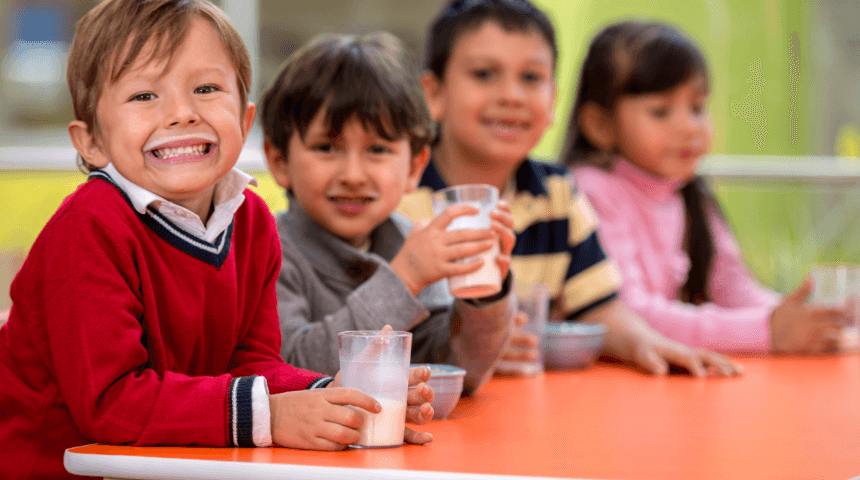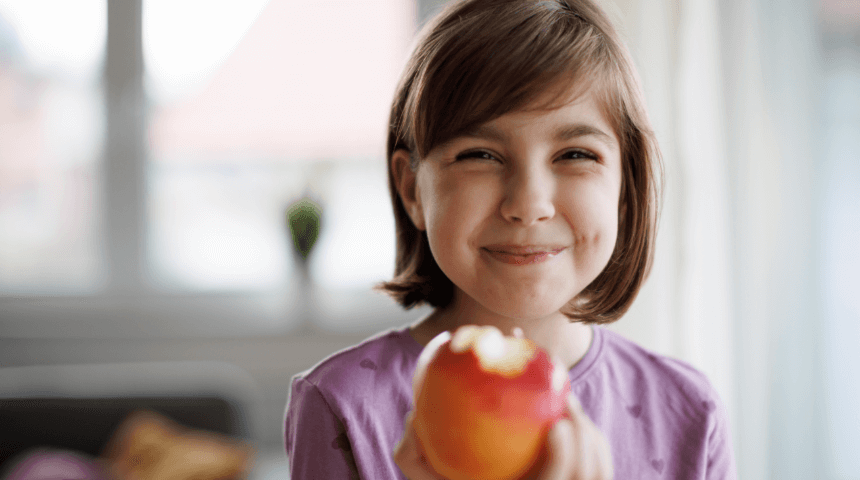Why You Should Always Wash Your Produce (and What Can Happen If You Don’t)
It’s a simple question: Should you always wash fruits and veggies? The answer is yes — you knew we were going to say that — yet surveys show more than half of Americans only wash produce when they’re serving it to someone else, and nearly 20 percent only when it’s visibly dirty. What problems might you be courting by not washing your produce?
Beyond Dirt
If you drive through farmland at harvest time, you’ll see produce being packaging on site, straight from the fields. It’s no surprise then that soil or other inedible bits might end up in those packages too — washing off dirt you can see is a no-brainer.
But what about things you can’t see? That’s a little trickier — some pesticides can actually penetrate rind, meaning you need to wash and peel. Then there are the nastier things: bacteria, viruses and parasites that can make us sick if consumed.
Three of the most common food-borne bacteria are:
- E. coli. Escherichia coli can cause severe illness when ingested from unwashed produce, raw meats and unpasteurized juices.
- Salmonella. Found in foods from fruits and veggies to meat, eggs, spices and nuts, salmonella — spread by workers who have not washed their hands — commonly causes nausea, vomiting, diarrhea, cramps and fever that can last up to a week.
- Listeria. While less common, listeria can be deadly if the infection moves beyond the gut to the brain. It also can cause miscarriage, stillbirth and severe illness or death in newborns. It’s preventable by keeping raw and cooked foods separate.
Everything Everything? (Organic, Too)
Let’s address another simple question, although the answer might surprise you: Can you skip washing produce with “triple-washed” or similar wording on its label? The answer is no — the FDA recommends you give produce a rinse no matter what the packaging says. Bagged salad greens are exposed to processing and chopping equipment that also can get dirty; think not just about the fields but the entire food-chain process when you’re tempted not to wash it yourself.
Organics are another area of confusion. They’re pesticide-free, right? Not quite. Natural pesticides approved for use with organics are not as harmful, but that doesn’t mean you want to eat them. Some natural pesticides also can penetrate the rind, so you may want to peel them too.
Beyond Produce
When food-borne illness strikes, victims frequently blame a restaurant. The truth is, you are more likely to encounter — or cause — contamination at home. The simplest way to avoid this: good hand-washing before, during and after food prep.
Keeping work surfaces and utensils clean also is key to avoiding cross-contamination. Take a pro tip from restaurants and use color-coded cutting boards, each dedicated to only one type of food; always clean both sides with soapy water. Remember to change out your sponges regularly too.
With grocery prices startlingly high, you might be tempted to eat things that really are spoiled: Don’t. Discard anything that’s bruised or moldy; bacteria may be growing there.
Another safeguard is to be sure you are keeping cold foods cold and hot foods hot. Don’t come home from the grocery and dump everything on the counter while you scroll social media or run out to pick up the kids at school. Put frozen or perishable items away quickly; only pantry items can wait. If you need to make extra stops between the grocery and home, bring a small cooler or freezer bag, perhaps with an ice pack inside.
Cooking your foods to the right temperature is another safeguard. Do your best to keep foods out of the “danger zone,” which refers to temps between 40 and 140 degrees, a range where many bacteria and pathogens can multiply. Another pro tip: Get an oven thermometer, or better still an oven with a probe that can be inserted into meats or casseroles. Also make sure to defrost items properly, in the fridge or under cold running water. In the fridge, don’t store anything that could be a contaminant over leftovers or foods eaten raw — put a pan between for leaks or spills.
Just Do It
Now that you’re persuaded to wash everything, a few do’s and don’t’s:
- Avoid soap, which can leave a residue that may affect taste and cooking.
- If your veggie has a heavy rind like a potato or squash, scrub with a vegetable brush.
- For leafy greens, berries or mushrooms, let the produce soak in water for a bit.
- Vinegar is an almost magical cleansing agent, although it’s acidic so could affect cooking. Try it on salad greens or other dishes with vinegar. Lemon juice also can work.





